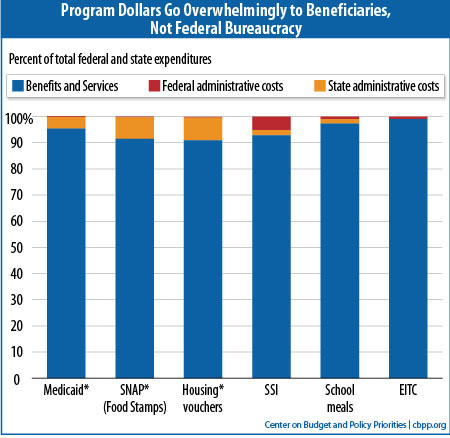deirdre
Senior Member
Thought members might appreciate a refresher. so found a fun pew quiz.
please put any spoiler comments in spoiler tags, so as not to mess up the quiz for others.
https://www.pewresearch.org/quiz/news-statements-quiz/
i got one wrong.
please put any spoiler comments in spoiler tags, so as not to mess up the quiz for others.
https://www.pewresearch.org/quiz/news-statements-quiz/
i got one wrong.
Government is almost always wasteful and inefficient.
I'm not sure how i got that one wrong though. I think pew's opinion that is not a fact is wrong.
I'm not sure how i got that one wrong though. I think pew's opinion that is not a fact is wrong.
Last edited:

